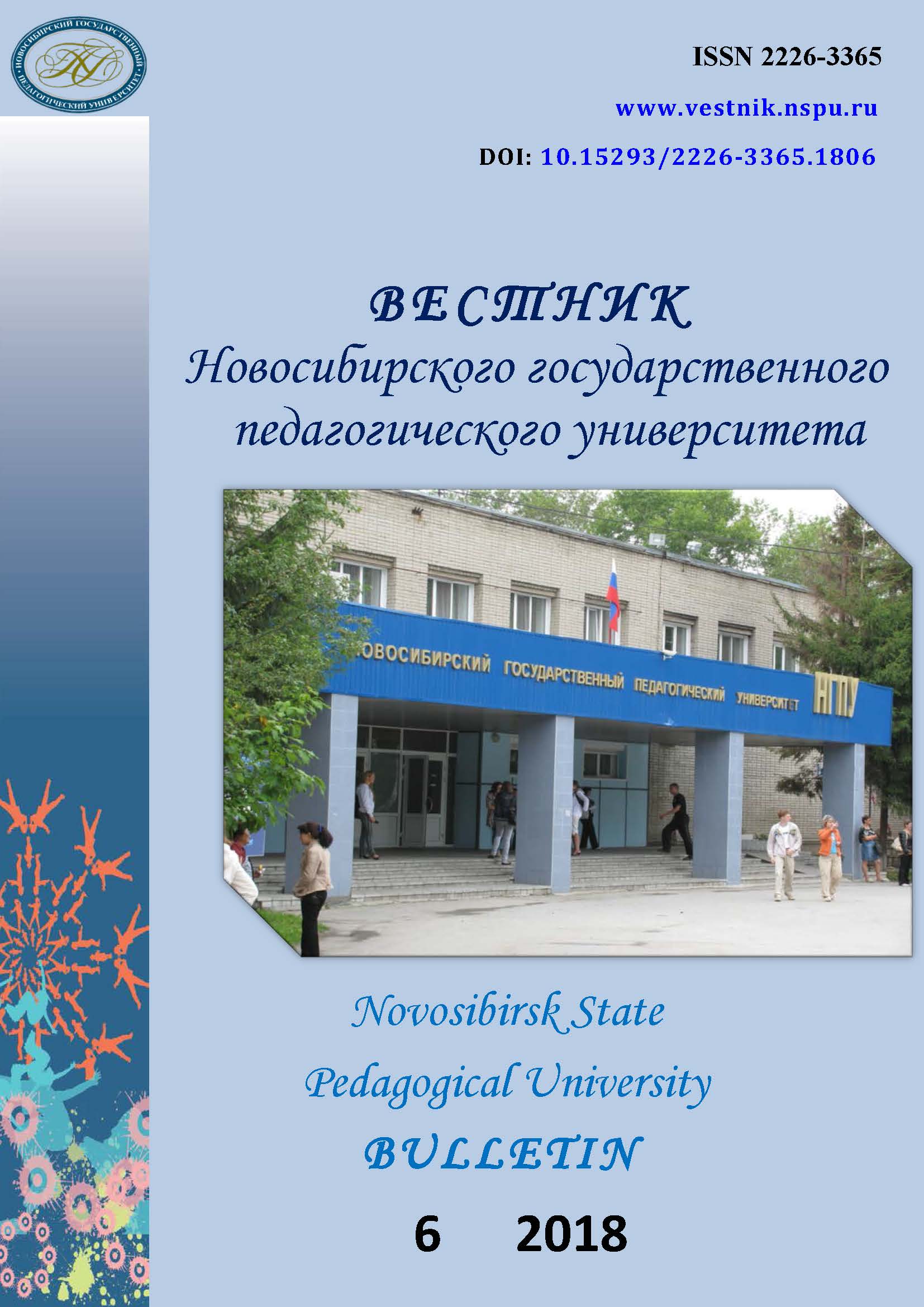Развитие профессиональных компетенций обучающихся в условиях активной образовательной среды
Developing students’ professional competencies within an active educational environment
Author(s): Victoria Alexandrovna Vinichenko, Tatiana Ivanovna ZajkoSubject(s): Vocational Education, Sociology of Education
Published by: Новосибирский государственный педагогический университет
Keywords: Аctive educational environment; Foreign experience; Educational process; Competence paradigm; Theory of generations; Competence approach; Facilitation approach
Summary/Abstract: Introduction. The authors investigate the problem of developing students’ professional competencies. The purpose of the article is to identify the characteristics of developing students’ professional competencies within an active educational environment. Materials and Methods. The study is based on the following approaches and theories: the systematic approach within the framework of systems theory and synergetics (I. V. Blauberg, A. N. Averyanov); the competence approach (V. I. Baidenko, E. F. Zeer, I. A.Zimnyaya) and facilitation theory (the humanist approach) (K. Rogers and V. A. Slastenin). To achieve the aim of the research the authors conducted an analysis of pedagogical and psychological literature, as well as dissertation research on the problems of competence approach, peculiarities of its implementation in Russia and abroad; survey and group reflection. The questionnaire was used as an empirical method: personal – among the academic staff and mediated - for students. The sample consisted of 30 teachers and 150 students. The authors also relied on the Pareto Principle. Results. The authors revealed the reasons for paradigm change in education from knowledge to competence. The features of interrelations within the "teacher - student" system are summarized and the necessity for change of forms and methods of interaction and instruction is proved. The results of empirical research have shown that active learning environment contributes to deeper understanding of the material by the students. The study identified the advantages of active learning for students. The authors reviewed international practices of using competence approach and active learning. The appropriateness of implementing active and interactive training for developing professional competencies is substantiated. Conclusions. In conclusion, the authors identify the main characteristics of developing students’ professional competencies within an active educational environment.
Journal: Вестник Новосибирского государственного педагогического университета
- Issue Year: 8/2018
- Issue No: 6
- Page Range: 155-166
- Page Count: 12
- Language: Russian

